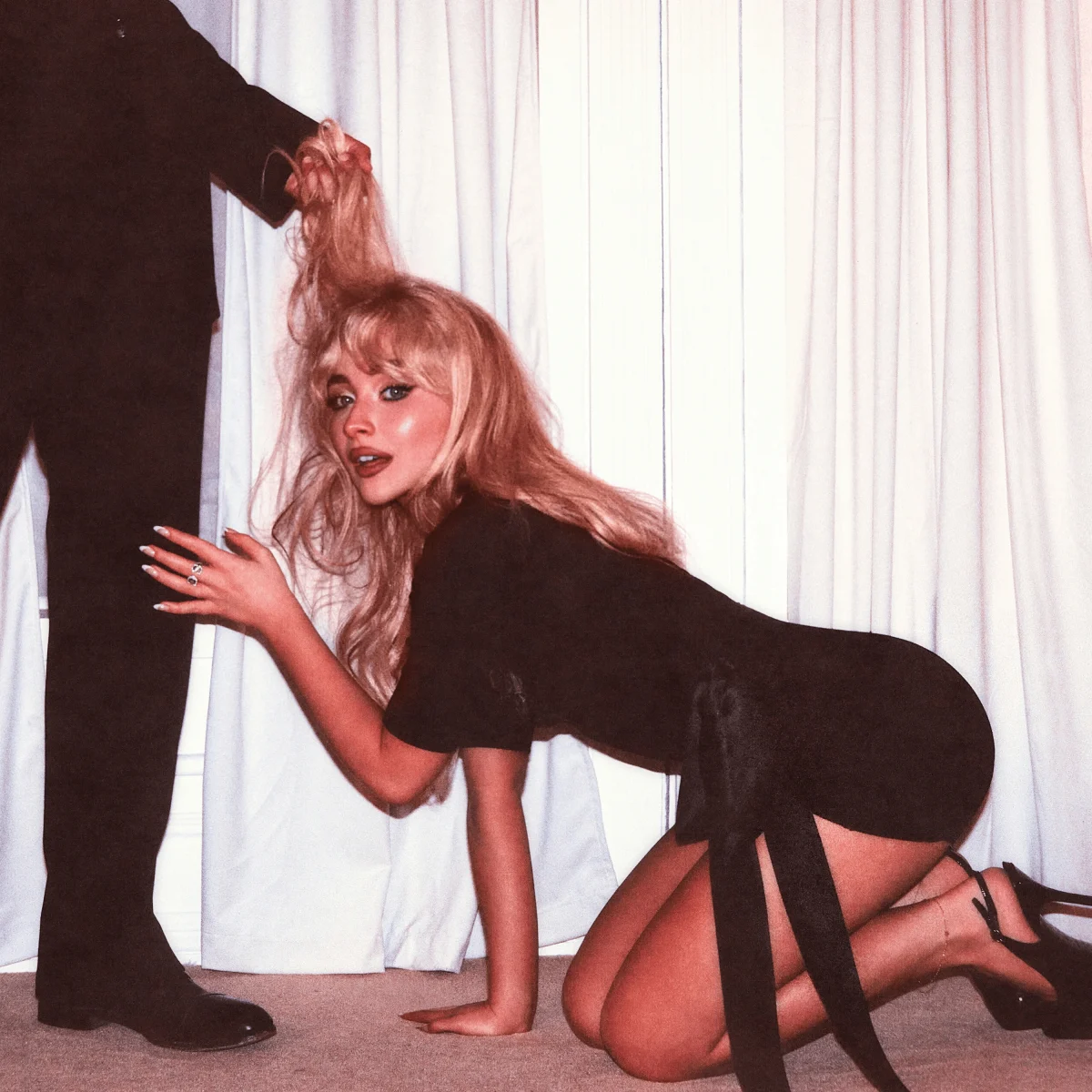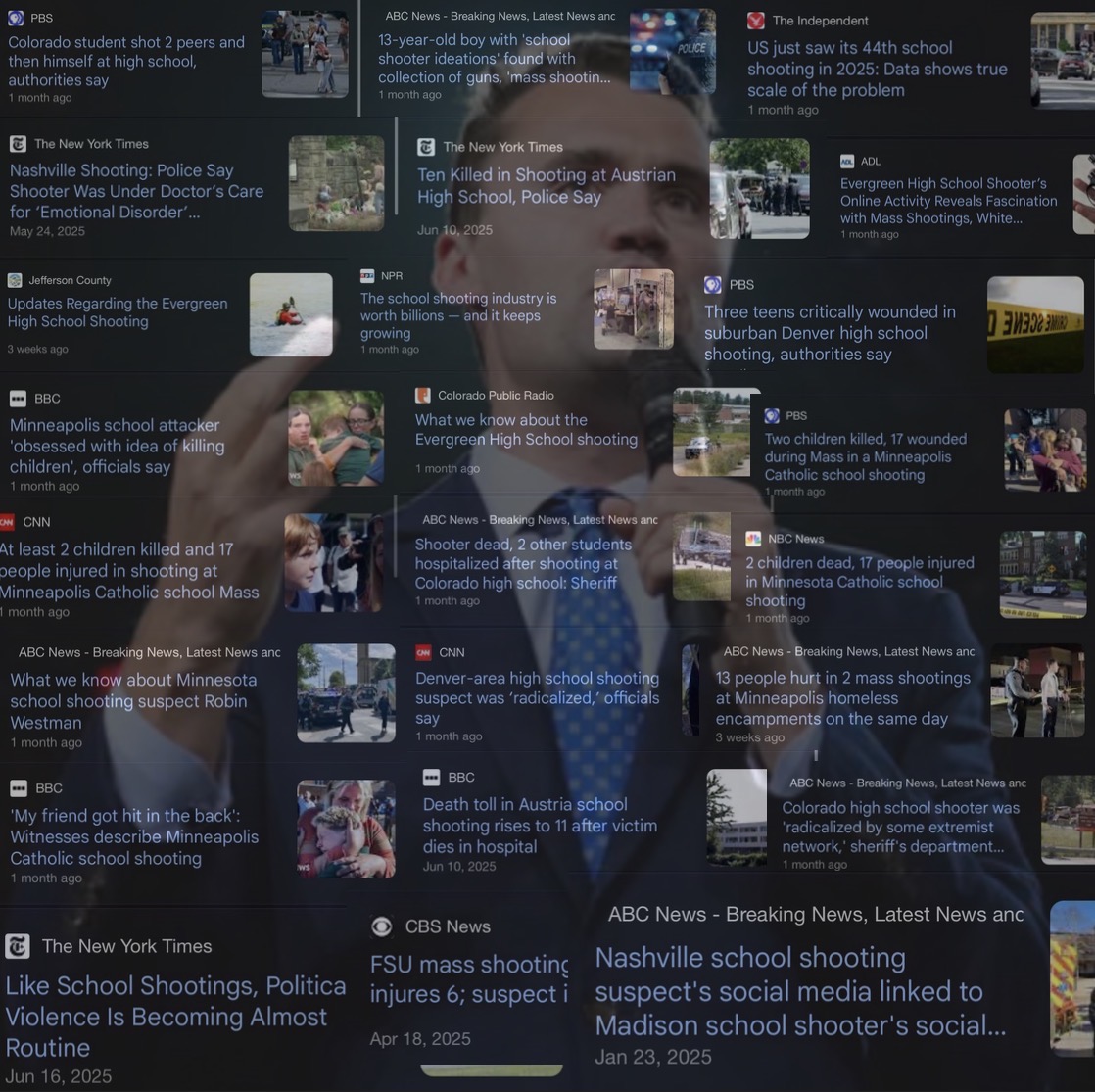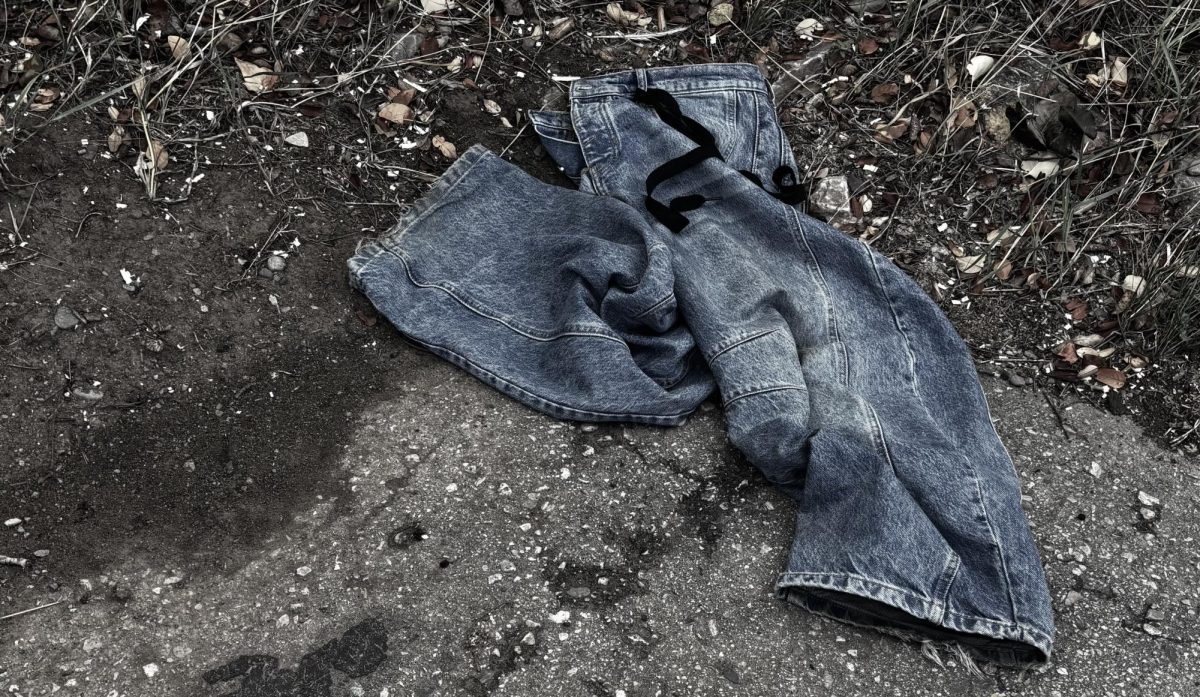In today’s online culture, the authentic enjoyment of art has taken a backseat to views, likes, and viral sounds. This shift is clear in the Billboard music charts full of songs frequently used as TikTok sounds, as well as in conversations around pop music.
Many big moments in pop music and culture have been shaped by critics. But, it seems that in the digital age, music criticism is being replaced with tired, repetitive conversations. It feels less like insightful thought and more and more like character criticism.
One of the biggest conversations in music this year surrounded Sabrina Carpenter’s record Man’s Best Friend, released this past August. However, critics didn’t focus on the writing, performance, or production of the album, they commented on the controversy of the cover.
The album cover displayed Carpenter kneeling on the ground in a submissive position. For months before the album was released, people online jumped to conclusions about the anti-feminist nature of the cover. The New York Times review of the album was titled, “Will the Real Sabrina Carpenter Please Stand Up?” hinting at the online discourse of her position on the cover, rather than on the album as a body of work.
In the article, writer Jon Caramanica claims that Carpenter’s “character is still in development — what felt like hard-earned idiosyncrasy on her last album feels calculatedly careless here.” What seems like an offhand observation is something that, in the broader context of recent music criticism, is very worrying. Before commenting on the work, Caramanica observes Carpenter through how she comes across as a person, not the impact of her work.
Much of this is due to social media and streaming platforms. When everyone has a voice online, no single voice is as important. The music critic used to be a deciding factor in the success of an album, and for an artist, getting a positive review from an established organization was a high priority.
It’s difficult to fault artists for their annoyance at this change in their industry. It might seem a step too far for singer-songwriter Halsey to tweet that she wished Pitchfork, a premier publication for music criticism, would collapse. However, their criticisms about her would be enough to get a response from anyone. Pitchfork is one of the most influential publications in music criticism, but that doesn’t save them from this collective turn to personality criticism.
In a review of Halsey’s 2024 album The Great Impersonator, Pitchfork writer Shaad D’Souza said, “she writes about pain, adopting a martyr’s pose, but because that martyrdom is self-ascribed, it also feels profoundly unrelatable.” It’s certainly harsh, but what makes it disgusting is that much of the pain Halsey writes about on this album is her chronic illness and various medical treatments she’s gone through.
No reviewer is held to a certain standard of appreciation towards an album, however, they certainly need to be held to a standard of human decency. While there is a discussion to be had on the album’s discussions of chronic illness, claiming that Halsey essentially has a victim complex does not critique her work. It critiques her as a human being.
Another issue reviews have recently developed is avoiding criticism and just complimenting. Some of the biggest pop artists, notably Taylor Swift, have experienced this. Despite mass public criticism of her recent albums, Rolling Stone has continued praising her.
In a five star review of Swift’s recent album, The Life Of A Showgirl, Rolling Stone writer Maya Georgi claims it is Swift’s artistic peak. This opinion seemingly exists in a vacuum. With a clear loss of editing and focus on storytelling, Swift’s words are hollower than ever.
For Rolling Stone, this positivity towards Swift is nothing new. Writer Rob Sheffield has written many pieces for the publication about Swift, and he constantly avoids critique, even writing an extremely positive book about Swift’s career in 2024. While many people and publications are busy talking about what Swift needs to improve, Rolling Stone continues to be out of touch with current pop culture, taking every chance to say a positive word about Swift.
Taylor Swift is widely recognized as one of the world’s most beloved songwriters. When she has millions of fans ready to attack a bad critique, reviewers are forced to stay positive. Afterall, Swift is a successful and loved character of pop culture, how could her music not be perfect?
Whether through forced positivity to appeal to a fanbase like Swift’s, or an attack on someone’s view of themselves as a victim, like Halsey, music criticism is no longer about music. When reading reviews of pop music in 2025, it feels more like reading the Burn Book from Mean Girls, full of quick, snappy remarks, not helpful and insightful thoughts about the work.
By victimizing true experiences and only studying the controversies and highlights of a project, we lose what makes these albums worth talking about: the music. Music criticism has become social media talking points, two minute TikTok videos, and viral clips of artists taken out of context.
When something as universally loved as music is boiled down to an online debate and character criticism, it makes us wonder if we can truly regain the cultural appreciation for art we used to have.






